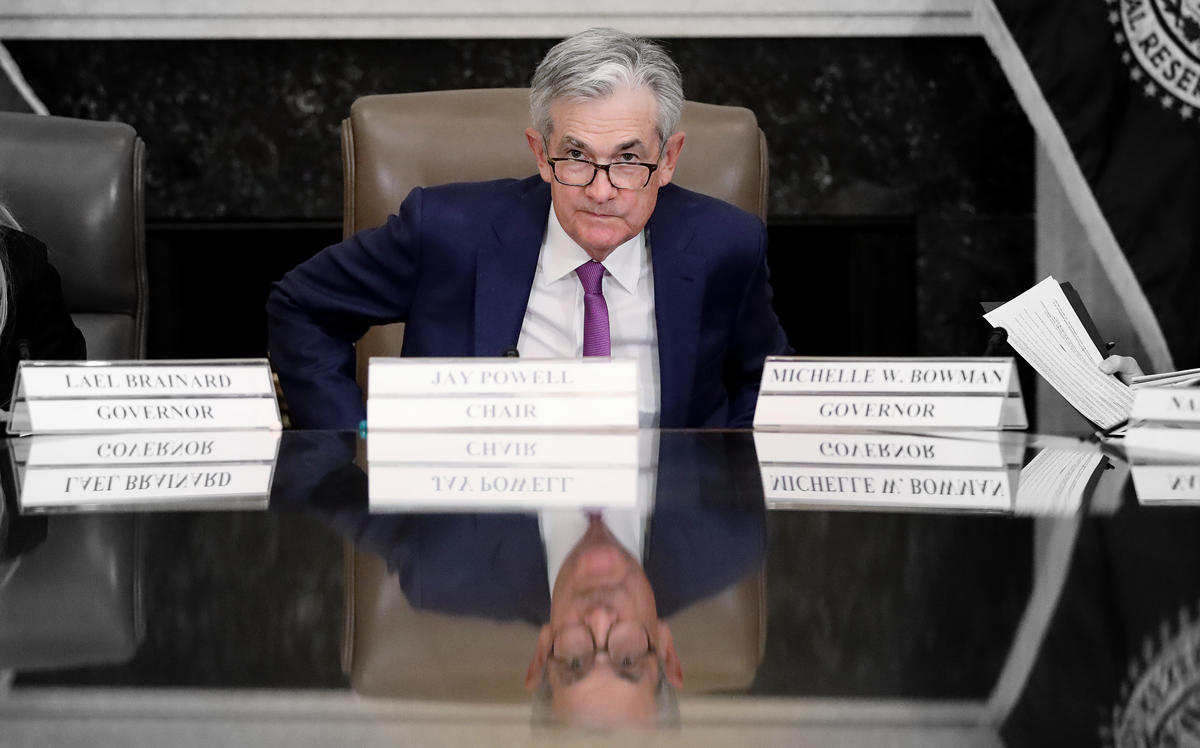Trending
Fed to mall and hotel owners: Drop dead
Non-investment-grade REITs left in the cold by Fed’s $10B bond-buying program

The central bank’s multi-trillion-dollar intervention to help companies facing a credit crunch leaves struggling malls, hotels and other properties out in the cold.
Earlier this week the Federal Reserve announced it would launch an unprecedented program to buy up corporate bonds so companies hurt by the coronavirus pandemic will have money to borrow.
But the program is focused on buying investment-grade debt issued by the companies with the strongest balance sheets. That runs the risk, experts said, of boxing out companies that fall below the top grade.
“The focus of the new facilities on the investment-grade market reinforces funding-cliff risks for companies whose ratings fall below investment grade,” analysts at the credit ratings company Fitch wrote this week.
Many real estate investment trusts that own properties such as malls and hotels fall into that sub-investment-grade category. And well before the pandemic, quite a few of those companies were already coping with retail closures or increased supply from competition in key markets.
“Some non-investment grade REITs that already had some liquidity issues are struggling more just because market conditions are very tough,” said Moody’s Philip Kibel.
In the past two weeks, Moody’s warned about two mall and two hotel operators that could struggle to raise debt.
One is CBL Properties, a Tennessee-based REIT that owns 91 malls and had difficulty last year refinancing two mortgages on them.
Moody’s said the current environment increases the probability that CBL will have to modify its corporate debt with lenders when it starts to mature beginning in 2023.
The company on Wednesday drew down the remaining $280 million on its $680 million credit revolver, which it said in a statement would “maximize our financial flexibility during this period of uncertainty.”
A representative for CBL did not respond to a request for further comment.
For now, experts are saying they don’t believe the Federal Reserve will extend its bond-buying intervention to the weakest companies.
“The Fed has not indicated any willingness to extend support to parts of the high-yield market facing the greatest challenges related to tightening financial conditions and sharply rising spreads,” Fitch analysts wrote. “This would be an unprecedented extension of central bank support and we are not assuming that such action will occur.”
Contact Rich Bockmann at rb@therealdeal.com or 908-415-5229




